Featured News
More News
Stanford Materials engineers including PI Dr. Eric Appel develop new drug delivery system could reduce daily diabetes shots to just three a year
Dietary management drugs have transformed Type 2 diabetes care, but daily injection routines are challenging for some patients. A new hydrogel could mean shots just three times a year.
Exercise and the Brain Podcast featuring Dr. Jonathan Long
In this episode, chemist Jonathan Z. Long discusses his recent discovery of a new molecule produced when we exercise that appears to be linked to health benefits from regulating appetite to boosting learning and memory.
A podcast about diabetes and genes - Dr. Anna Gloyn – the gene detective
The story of neonatal diabetes continues as we hear about the remarkable science that led to the genetic diagnosis and new treatment that transformed Jack’s life in episode 1. In this episode Maggie and Andrew talk to Anna Gloyn, the scientist who discovered the gene that was usually altered when very young babies are diagnosed with neonatal diabetes.
Drs. Addala, Chou, Gloyn, Lal spoke to The SugarScience on flexing innovations in genetics, insulin bioengineering, & diabetes tech to advance health equity in diabetes diagnosis & management
Drs. Ananta Addala, Danny Chou, Anna Gloyn and Rayhan Lal spoke to The SugarScience on flexing innovations in genetics, insulin bioengineering, and diabetes technology to advance health equity in diabetes diagnosis and management.
Why precision medicine leads to better diabetes care, a comprehensive report with contributions from Jessie Wong, SDRC Affinity leaders Anna Gloyn and Korey Hood, and SDRC member Jennifer Ikle
Diabetes can show up in almost anyone: pregnant women, babies, kids, teens, adults both young and old.
But the condition's various forms, all of which affect how the body processes blood sugar, can manifest quite differently in the hundreds of millions of people worldwide who have the disease -- making it perfect for the individualized approach known as precision medicine, Stanford Medicine researchers say.

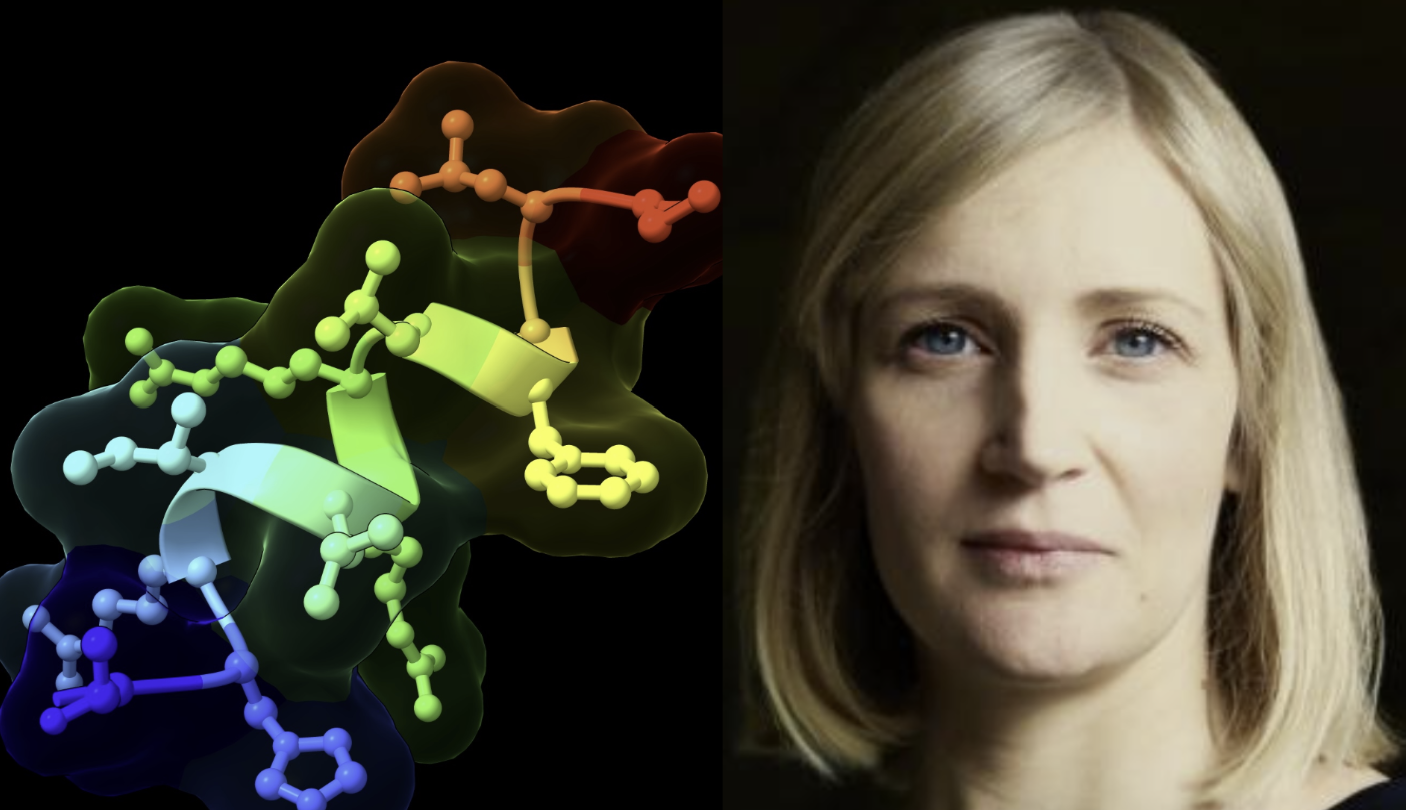
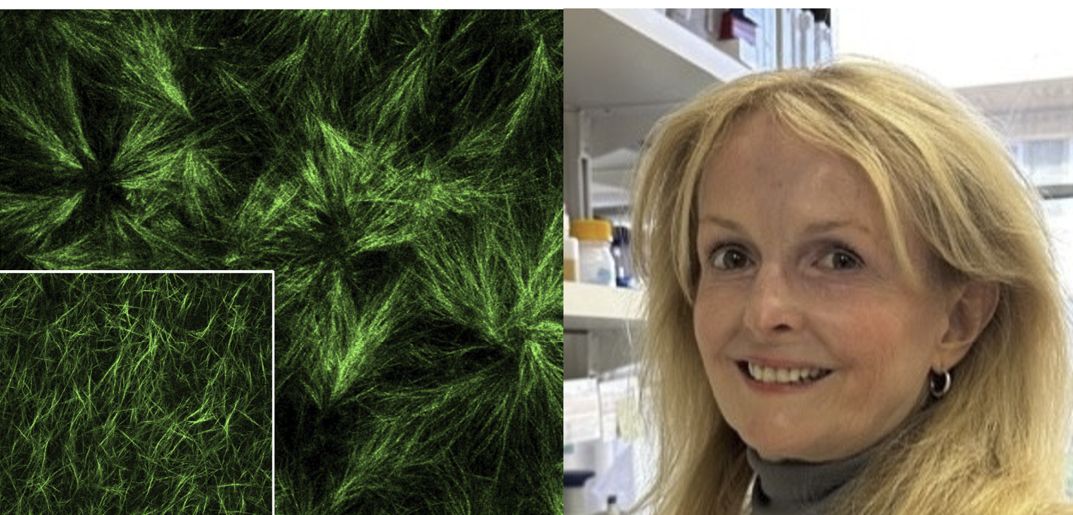
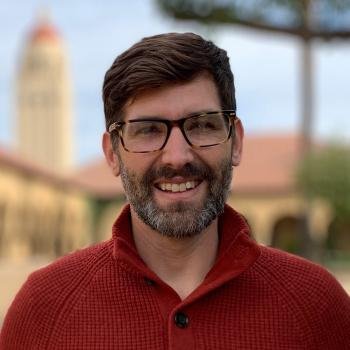

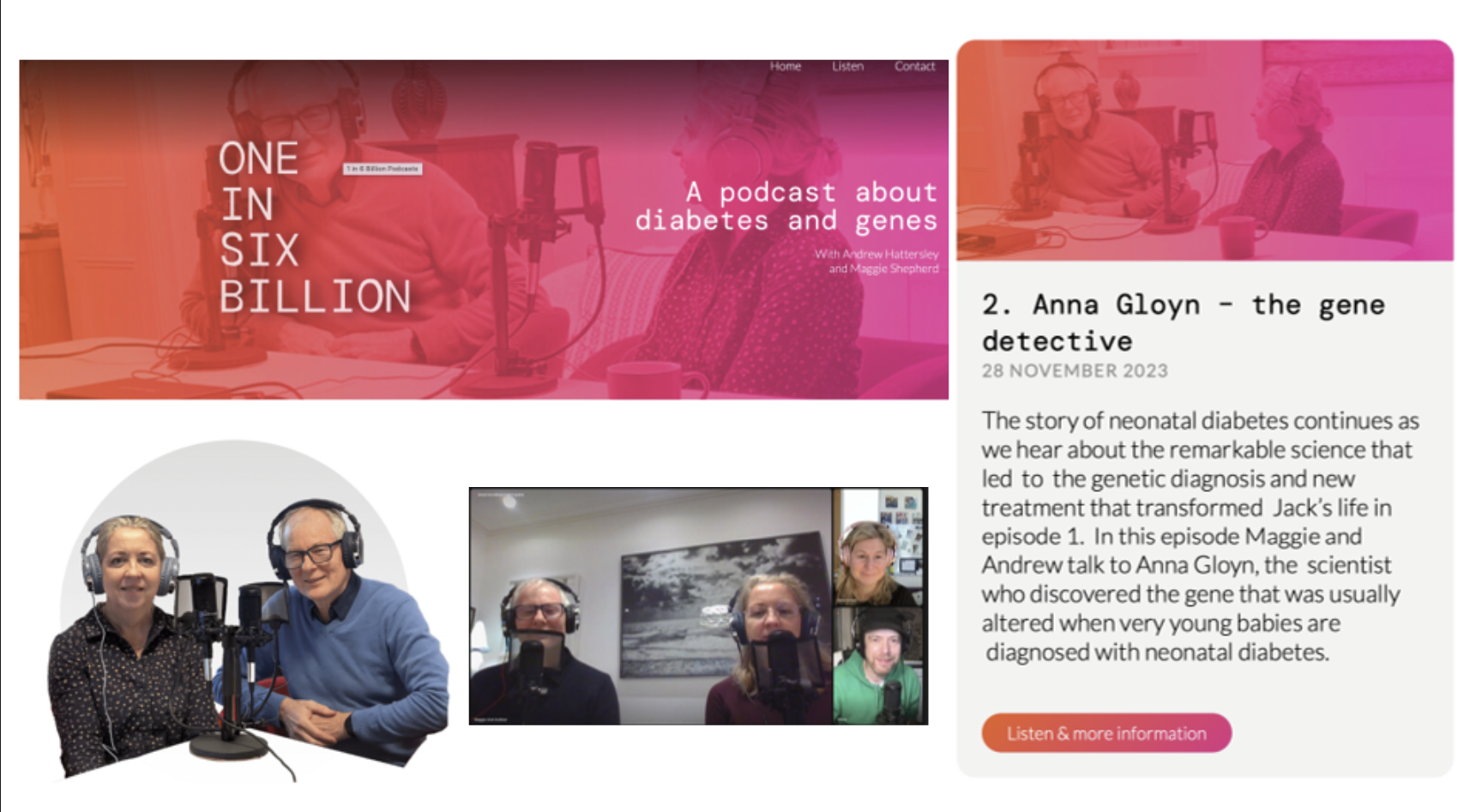
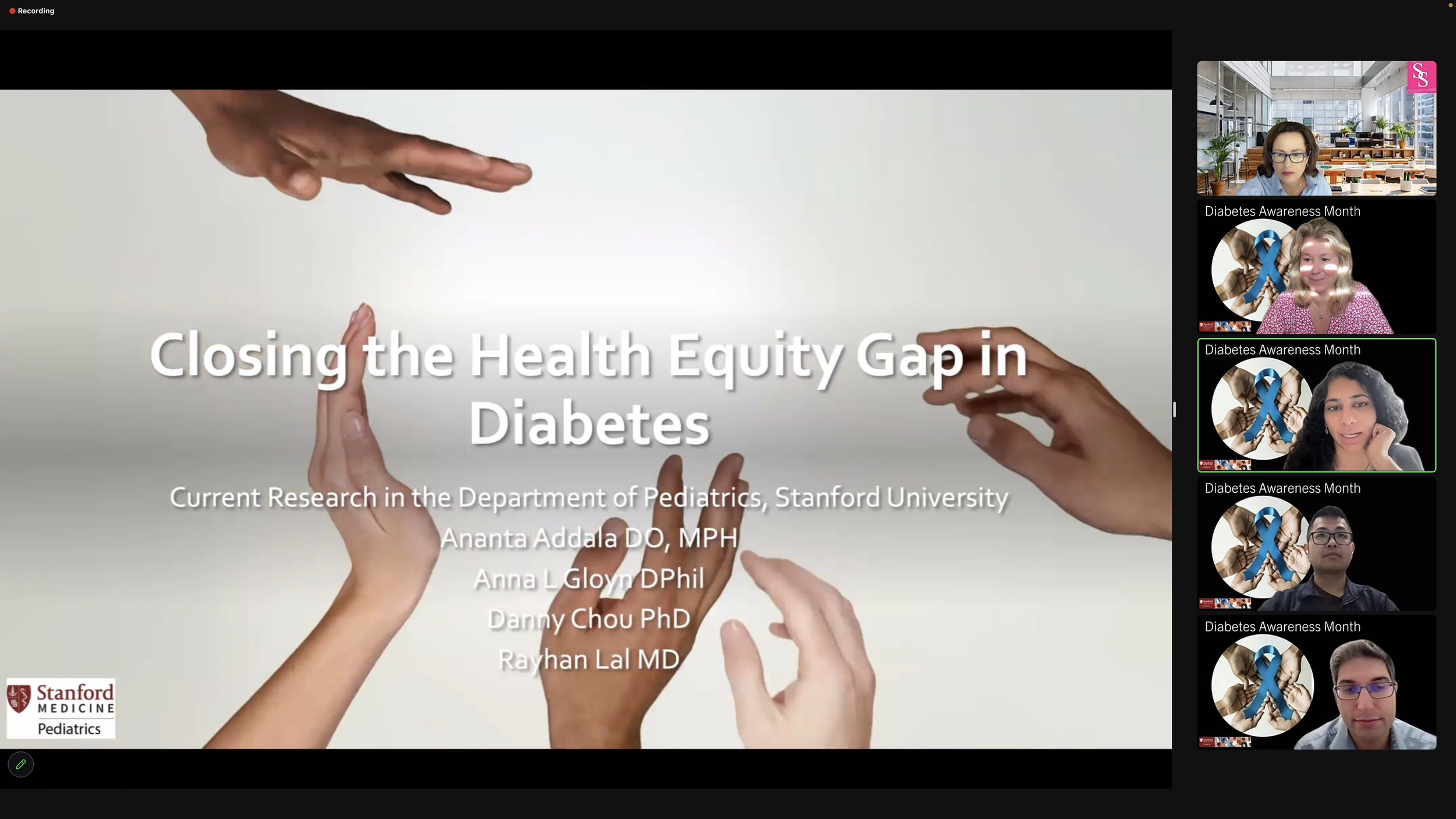
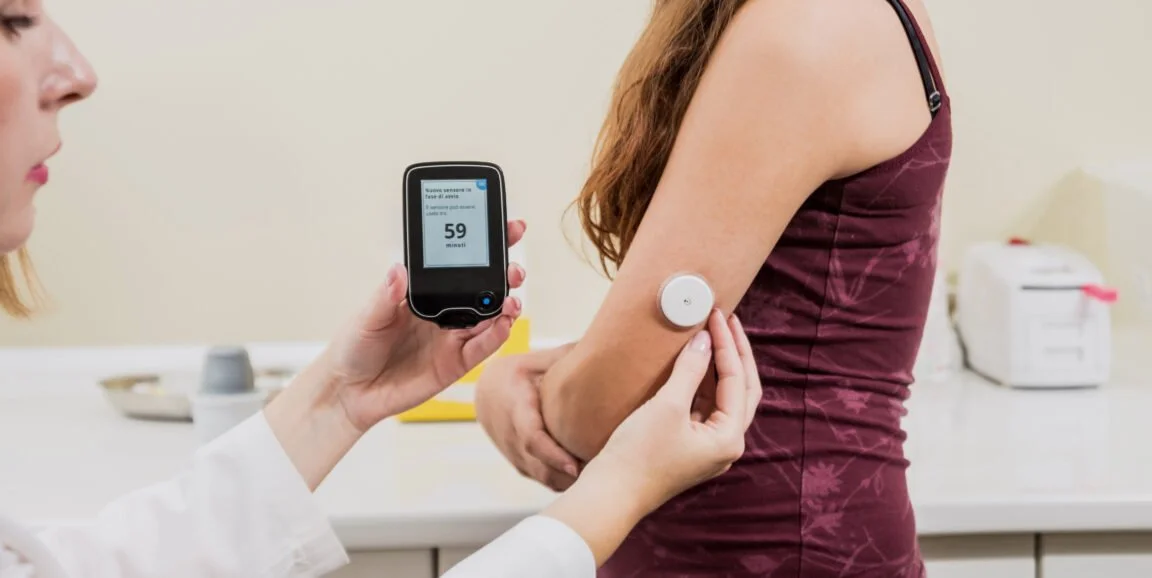
SDRC investigator uncovers an unexpected and crucial role of glucose, the body's primary energy source, in orchestrating tissue maturation, highlighting its significance in diabetes and cancer.